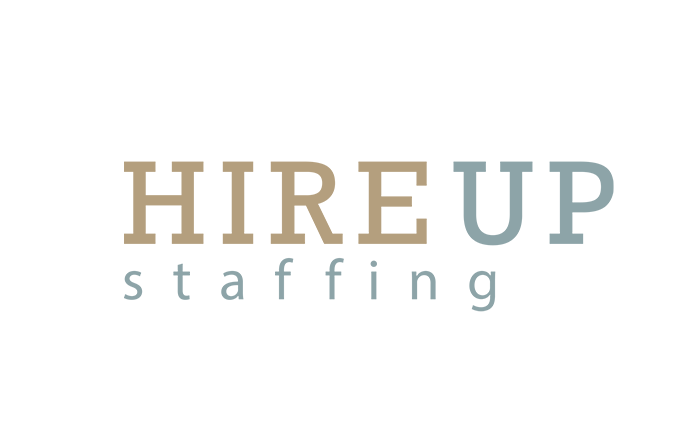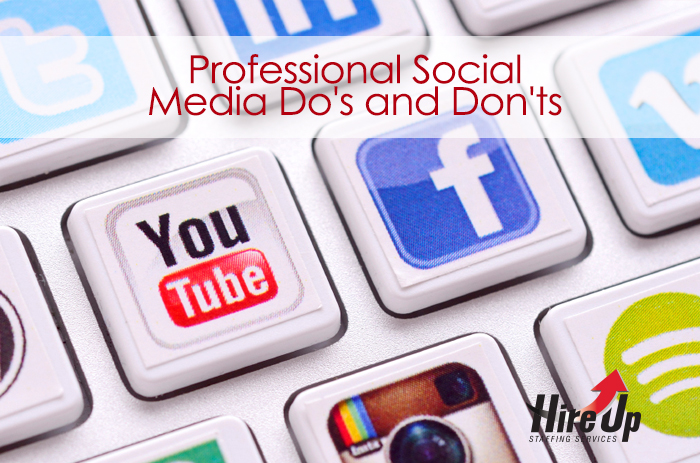There’s no denying: social media has taken over the working world. There are more and more desk and field jobs today that not only allow social media, but also either condone it or would include doing a bit of social media as part of the job description.
With sites like LinkedIn, Facebook, Twitter, and many other sites being utilized not just for play but also for work, social media is definitely in its heyday. While there are a lot of good things that may come from it, social media needs to be used with caution as well – your career might just depend on it!
Dos:
1. Make sure your LinkedIn page is filled up and looks professional. Use a nice headshot and an updated, accurate account of your work and educational history. Be reachable too – your e-mail address and contact number should easily be seen so potential employers can reach you easily.
2. Update your privacy settings in your social media accounts. There’s a reason sites like Facebook and Twitter have privacy options, so utilize them. People you aren’t connected to shouldn’t be able to easily see things on your profile, especially photos or videos of you partying too hard on a work night (we do not recommend doing that in the first place).
3. Post in moderation. Yes, Twitter and Facebook may make it seem easy to post a bunch of times a day, but it may get annoying if you leave almost nothing to the imagination. This is especially true for personal things like relationship issues, and others may even find “humble brag” posts (like how many times you’ve been to the gym today) to be a little bit annoying.
4. Find out who you are connected to. Be careful who you add in places like Facebook. If possible, reserve those for close friends and family. If you choose to add coworkers and clients, there’s nothing wrong with that but do keep things in check from time to time. Be careful what you post, and who you might offend in the process.
5. Again, there is nothing wrong if you have connections from work along with those from your personal life. However, if this is the case, and you post opinions, make sure to put a disclaimer that your opinions are your own and not of your employer. You don’t want to mislead people into thinking the wrong impressions about the company based solely on what you believe in.
Don’ts:
1. Never post confidential information, period.
2. Never complain or post negative things about your boss or employer, not even anybody else. While you may or may not be connected to them online, it’s a small world. One way or another, they may find out. People can take screenshots of these and use them against you. In fact, people have been fired for firing off online.
3. If you are still currently employed but are looking for a new job, don’t go announcing it online or posting the obvious. As an option, you may contact a staffing company to help do a confidential job search for you.
Bottom line? Think before you post or do anything online. It may cost you your job if you aren’t being careful.




